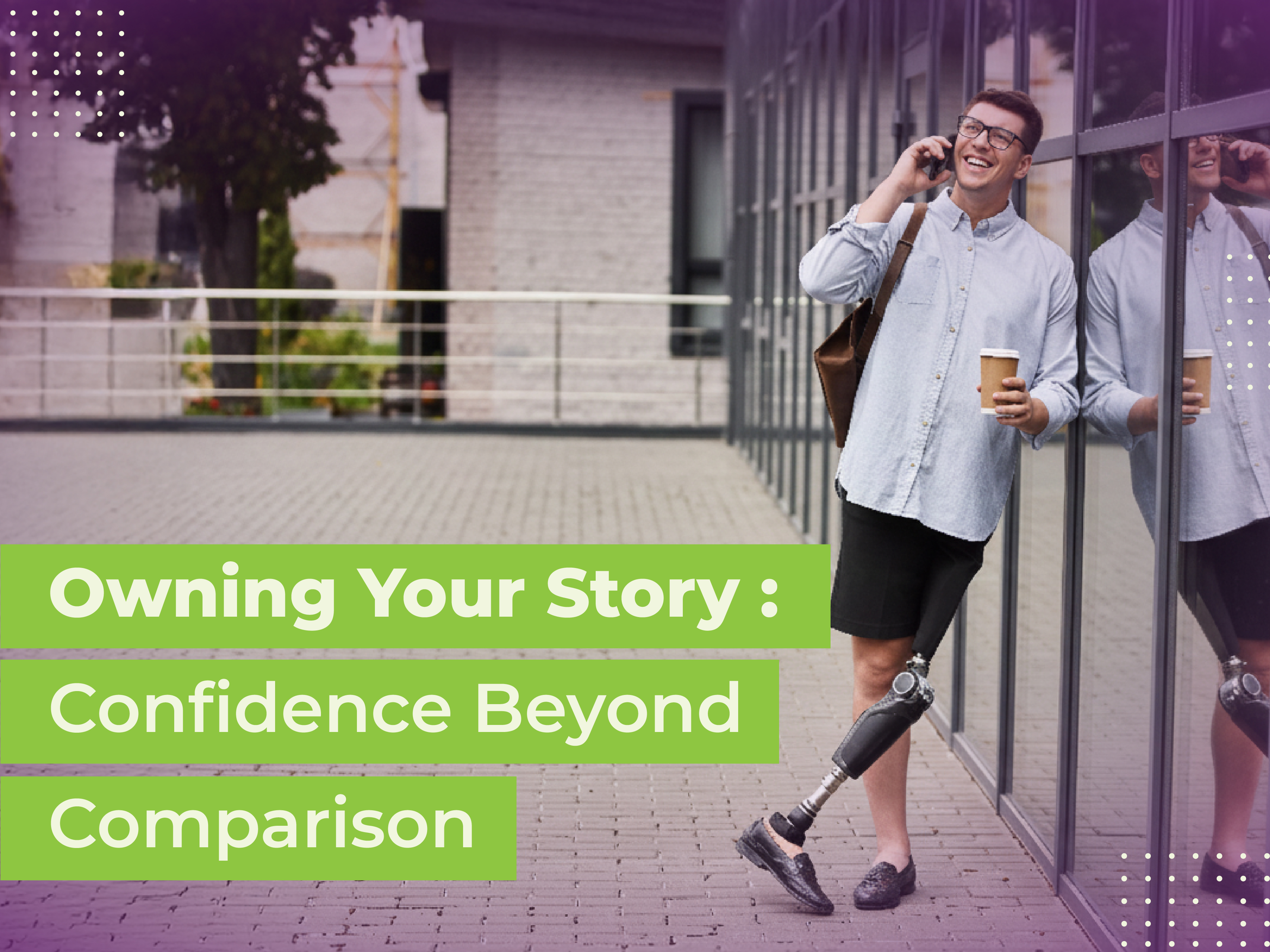Empowering Independence: National Disability Services & Skill Development

Introduction:
In the journey towards independence, individuals with disabilities often rely on specialized support from national disability services. These disability service providers and agencies play a pivotal role in fostering skill development tailored to the unique needs of each individual. Let's delve into how these national disability services empower independence through targeted skill development initiatives.
Understanding National Disability Services:
National Disability Services encompass a vast array of organizations and agencies dedicated to supporting individuals with disabilities and their families. These disability service providers offer a spectrum of programs and resources aimed at addressing diverse disabilities, including physical, intellectual, sensory, and developmental challenges. Collaborating closely with individuals, families, caregivers, and communities, these agencies provide holistic support, advocacy, and assistance to promote inclusion and improve overall quality of life.
Fostering Independence Through Skill Development:
1. Personalized Support and Training:
National disability services prioritize individualized support and training programs tailored to the specific needs and abilities of each person. Whether it's assisting with daily living tasks, communication skills, or vocational training, these agencies offer personalized interventions to enhance independence and self-reliance.
2. Adaptive Technology and Assistive Devices:
Disability service providers leverage cutting-edge technology and assistive devices to empower individuals with disabilities. From mobility aids to communication devices and sensory tools, these resources enable greater autonomy and participation in various aspects of life, from education and employment to social interactions.
3. Life Skills Training:
National disability services offer comprehensive life skills training programs aimed at equipping individuals with practical skills for independent living. These may include cooking, personal hygiene, money management, and transportation skills, among others. By mastering these essential life skills, individuals with disabilities gain confidence and autonomy in navigating daily challenges.
4. Vocational Rehabilitation:
Disability support agencies facilitate vocational rehabilitation programs to help individuals with disabilities achieve meaningful employment and economic independence. Through job training, career counseling, and workplace accommodations, these services empower individuals to pursue their professional goals and contribute actively to the workforce.
5. Community Inclusion Initiatives:
National disability services promote community inclusion through various initiatives and activities. Whether it's recreational programs, social clubs, or volunteering opportunities, these agencies facilitate participation in community life, fostering social connections and a sense of belonging.
6. Advocacy and Empowerment:
Disability service providers advocate for the rights and needs of individuals with disabilities, empowering them to voice their concerns and access essential services and supports. By promoting self-advocacy skills and fostering a culture of empowerment, these agencies enable individuals to assert their rights and make informed decisions about their lives.
Conclusion:
National disability services play a vital role in empowering individuals with disabilities to cultivate independence and enhance their skill development. By providing personalized support, adaptive technology, life skills training, vocational rehabilitation, community inclusion initiatives, and advocacy services, these agencies facilitate holistic growth and empower individuals to lead fulfilling lives. As we continue to prioritize inclusivity and accessibility, it's essential to recognize and support the invaluable contributions of national disability services in promoting independence and empowerment for all.
.svg)

